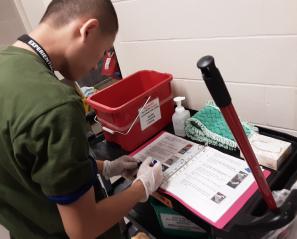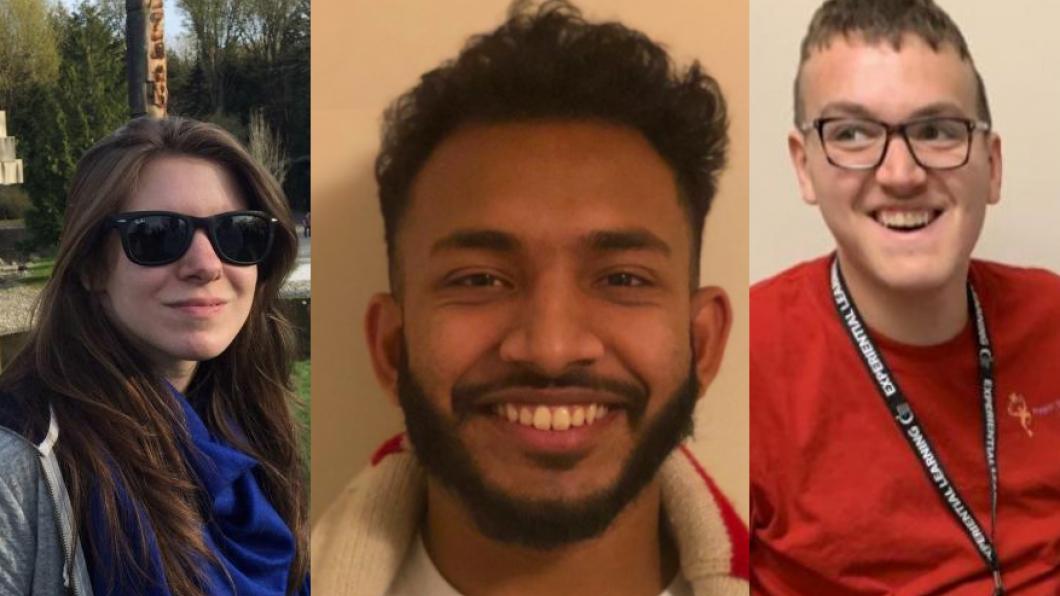
Looking at disability in the workplace
In 2018, only 59% of Canadians with disabilities ages 25 to 64, were employed.
Compared to 80% of Canadians without disabilities who are employed, this number is far too low. That’s why at Holland Bloorview we want to change that by creating opportunities for our youth, to provide them with the skills, mindset, and experiences they need to tackle the workforce.
But while programs like Project SEARCH, Youth@Work, and Ready to Work help foster those inclusive environments, stigmas and misconceptions surrounding disability and capability still exist in the workforce.
We talked to three of our alumni to discuss what the workforce looks like and how these programs helped them make the steps they have today.
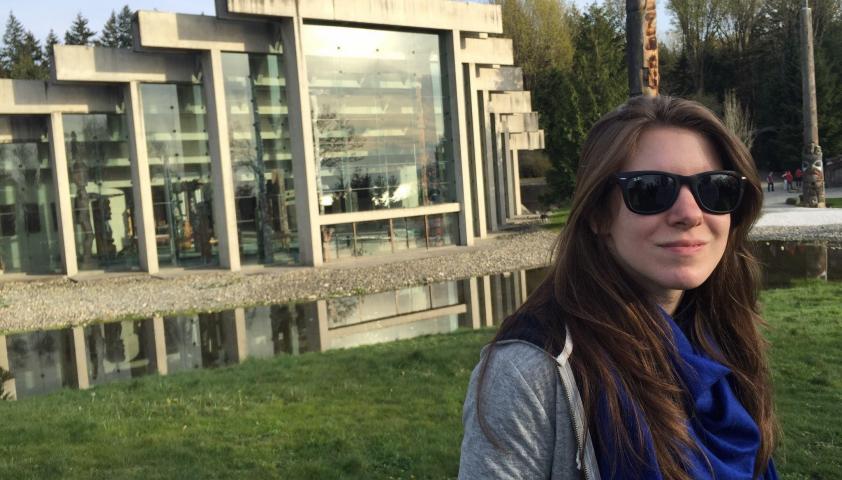
This is Jessica
Occupation: Program Development Assistant
As someone with a disability, do you find the job market to be even more difficult?
The job market is difficult for everyone, but many of us with disabilities have additional considerations and limitations when looking for and applying for jobs. Like many people, I'm looking for a job that suits my qualifications, experience and desired salary. But, I'm also looking for flexible work hours, the option to work remotely; an accessible office near an accessible TTC stop; and medical benefits or a salary low enough that allows me to keep my ODSP medical benefits. Not to mention, trying to select jobs and work environments that seem like they might be open and accommodating to people who need to do things a little differently. So, yes, it can be more difficult.
What are challenges or stigmas you think still exist?
Many employers state they're open accommodating employees with disabilities but either don't know what that means in practice or are too afraid to accept anyone who needs to do things differently. Whether it's changing the physical space or workflow, we're often facing resistance. We have to prove time and time again that there is more than one way to do the job at hand and be valuable to employers.
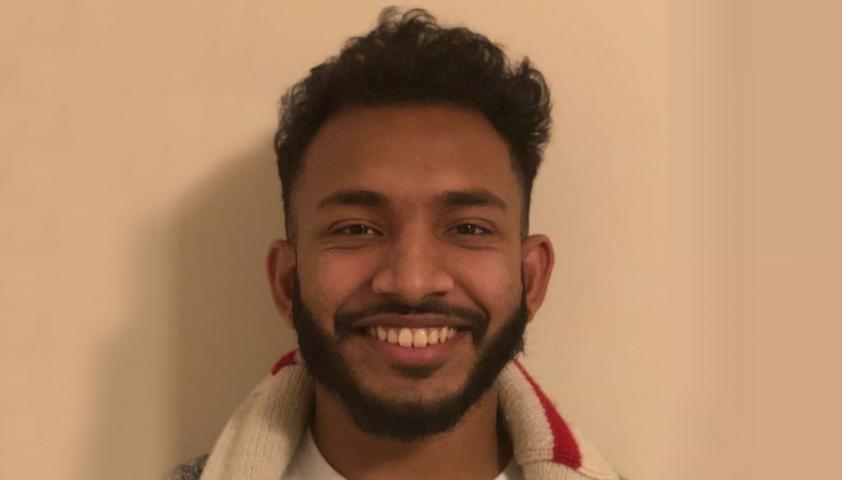
This is Sageth
Occupation: Interactive Analyst
Do you think programs like Youth@Work at Holland Bloorview should be implemented in other places to help teens with disabilities get the experience they need to face the working world?
Yes, 100 percent. Because I think it not only helps the person with disabilities get the experience, but it opens up the people at that workplace as well. They're getting exposed and they're finally learning firsthand that people with disabilities can do the same stuff as a person without disabilities just as well, or even better. I think it's just breaking that stigma.
How vital would you say the Youth@Work program was for you?
If it was a scale of one to 10 it would be a 12. Many people with disabilities are unable to get early on experiences, because it's very restrictive. And so that's a double whammy because they can't get the work experience and many entry-level jobs want either great grades or the work experience. My grades weren't that great and so it took me longer and I think it is harder for sure. And even for me, I think that there's this perception that I just can't do the job automatically when I walk in [because of my cerebral palsy]. That’s why if it wasn’t for Youth@Work and Ready to Work, I would not even be close to where I am today [career-wise].
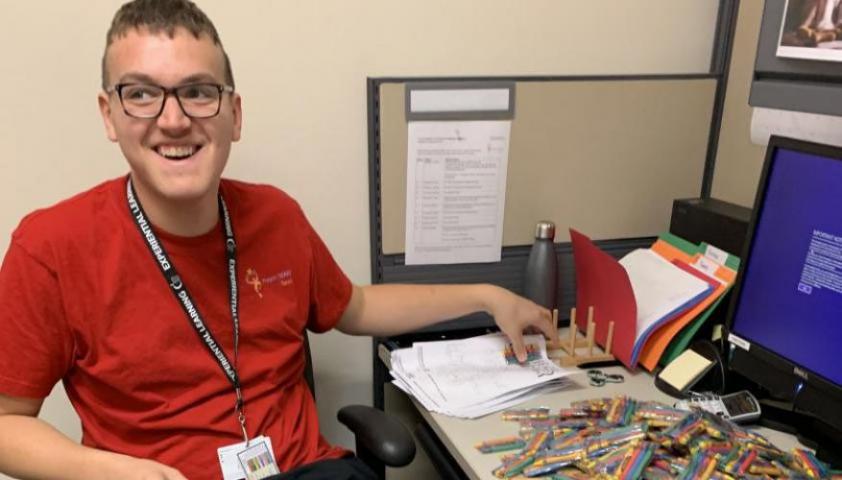
This is Andrew
Occupation: Stewardship & Administration Assistant
What opportunities have you had to help you build your workplace skillsets?
Project SEARCH helped me learn more about proper manners and hand shaking and good communication skills.
Do you think programs like Project SEARCH are important?
Yes. I think it’s important because it teaches you a lot of new skills and it’s good for people who are looking for employment. I do think it helped me get to where I am today. Because I learned a lot of work-related skills like to wear professional clothing and talk about appropriate work-related stuff and it’s just much different than how school was. At school we just did school work and we did field trips a little bit, but not as much as Project SEARCH did.
